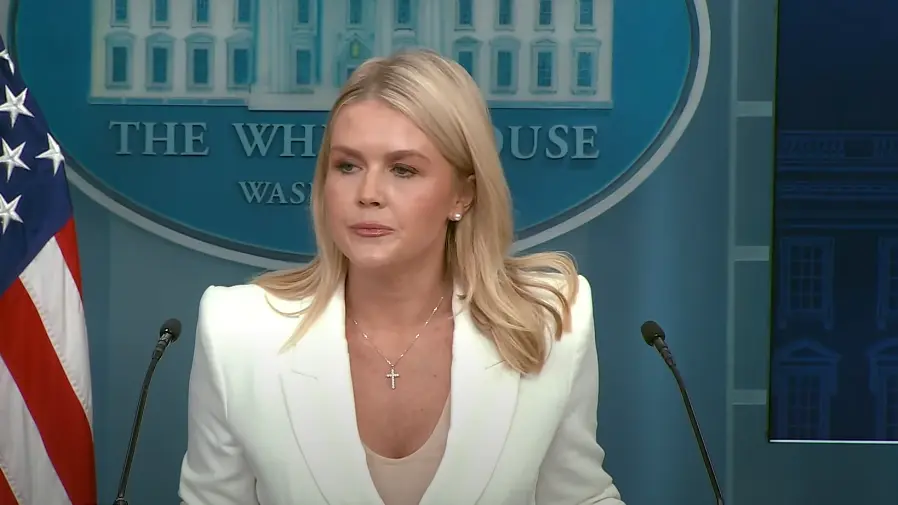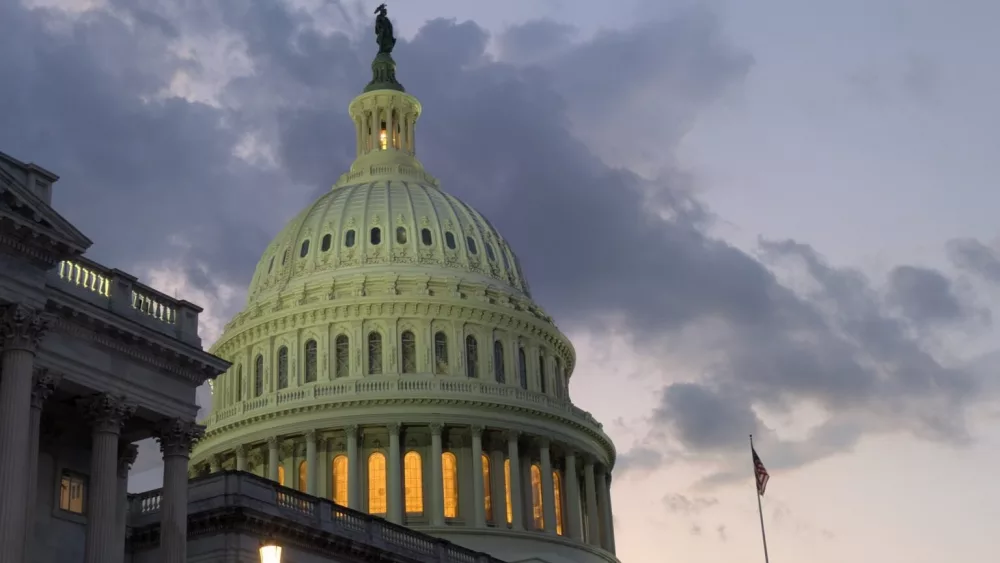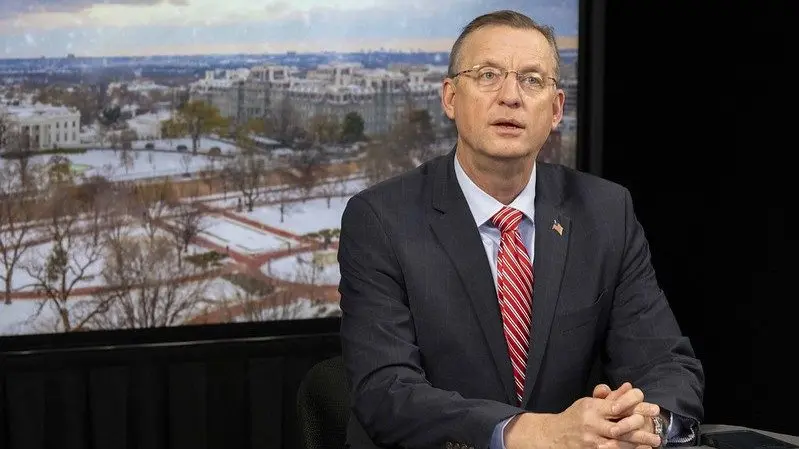WASHINGTON, D.C. – President Donald Trump faces a self-imposed July 9 deadline to reach trade deals with dozens of U.S. trading partners, but the White House isn’t worried.
“The deadline is not critical,” press secretary Karoline Leavitt said Thursday. “The president can simply provide these countries with a deal if they refuse to make us one by the deadline and that means the president can pick a reciprocal tariff rate that he believes is advantageous for the United States and for the American worker.”
On April 2, Trump announced reciprocal tariffs on nearly every nation that trades with the U.S. Seven days later, he paused those higher tariff rates for 90 days to give his trade team time to cut deals with key trading partners. That 90-day deadline ends July 9 and thus far Trump has brought home two deals: A limited trade pact with the United Kingdom and a trade truce with China.
Leavitt said that the staff at the Office of the United States Trade Representative continues to work toward deals.
“As for the deals, our United States Trade Ambassador Jamieson Greer … he has had very good and productive discussions with many of our key trading partners,” she said.
Asked what would happen after July 9, Leavitt said that it would be up to Trump.
“That’s a decision for the president to make and I will let him make it,” she said.
Earlier this month, Trump reached a deal with U.K. Prime Minister Keir Starmer. The deal didn’t cover all trade between the two nations. Under the terms of the U.K. deal, Trump will lower tariffs on the U.K. aerospace sector to zero. Trump also reduced tariffs on U.K. auto imports to 10% on the first 100,000 vehicles. U.S. imports of U.K. steel products will face a 25% duty.
A group of states and small businesses have challenged Trump’s “Liberation Day” tariffs in court. After the states and companies scored an early win, the administration appealed, and the case remains under consideration.
The administration appealed after a three-judge panel of the U.S. Court of International Trade unanimously ruled in May that Congress did not give the president tariff authority under the International Emergency Economic Powers Act of 1977. The Court of International Trade gave Trump 10 days to unwind all the tariffs he issued under IEEPA. However, a federal appeals court granted the administration’s request for a stay, putting the Court of International Trade ruling on hold while the appeal continues.
States and small businesses challenged the “Liberation Day” tariffs in two separate cases that are on appeal before the Federal Circuit Court of Appeals. The companies, represented by the Liberty Justice Center, said their livelihoods are on the line. The businesses included VOS Selections, a New York-based wine and spirit importer, and other business owners, including one that expects to go out of business before the case concludes. The plaintiffs argue that the IEEPA does not authorize the president to impose tariffs. And even if it did, it would still require an economic emergency and an unusual, extraordinary threat to be invoked. Existing circumstances don’t meet those requirements, LJC attorneys have argued.
The U.S Court of Appeals for the Federal Circuit will hold a hearing in the case on July 31, which will be available via livestream.
Economists, businesses and some publicly traded companies have warned that tariffs could raise prices on a wide range of consumer products.
Trump has said he wants to use tariffs to restore manufacturing jobs lost to lower-wage countries in decades past, shift the tax burden away from U.S. families, and pay down the national debt.
A tariff is a tax on imported goods paid by the person or company that imports them. The importer can absorb the cost of the tariffs or try to pass the cost on to consumers through higher prices.
Trump’s tariffs give U.S.-produced goods a price advantage over imported goods, generating revenue for the federal government.





